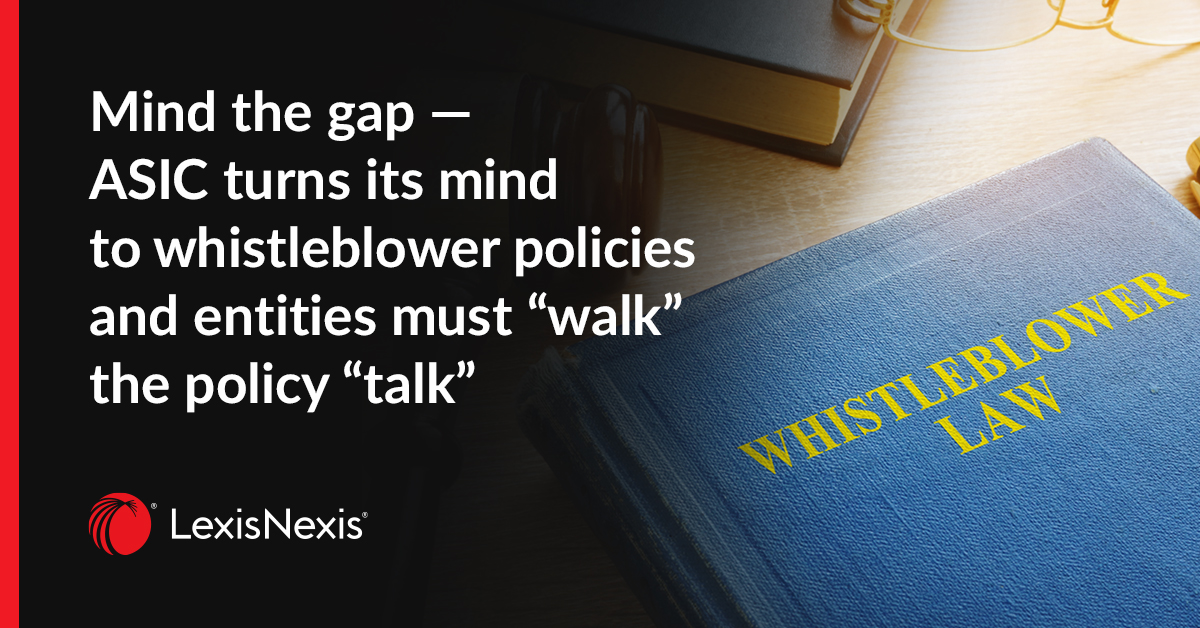
A question of notice: employment contract’s implied term of reasonable notice versus the Fair Work Act’s notice provisions.
03 May 2022 05:37
By Sam Eichenbaum, Senior Consultant at RIGBY COOKE LAWYERS
Courts have had to decide many cases in which a dismissed employee claims damages for breach of contract, the alleged breach being the failure to give the amount of notice that was implied into the contract (because there was no express term specifying the period of notice to be given). For a long time, the implication of such a term was widely accepted. However, there is a growing body of cases that questions whether reasonable notice of termination is implied into employment contracts.
The controversy stems from whether:
- it is necessary to imply such a term into an employment contract where the legislature has enacted the minimum period of notice that must be given to terminate employment under the Fair Work Act 2009
- the enactment of statutory minimum periods of notice was intended to or had the effect of ousting or displacing common law rights.
There are conflicting answers to the question from decisions of State and Federal Courts. The High Court has not yet made a decision about the question of whether reasonable notice is implied into employment contracts. However, The High Court has made a number of decisions that focus attention on the express terms of the contract between the parties, both to determine whether the employment is casual (with consequences for entitlements under the National Employment Standards[1]) and to determine whether the contract is one of employment or independent contracting[2].
Any controversy about the implication of a term requiring reasonable notice becomes inapplicable where the parties have agreed on how much notice is to be given to terminate the contract, especially where that agreement is recorded in writing. However, even the best systems have imperfections, and an employee can be found to have no written contract where they commence a new job with the same employer[3].
The following article contains a detailed analysis of the controversy around the interaction between NES notice provisions and an implied term of reasonable notice. The issue has relevance in all situations where the NES applies. It should be taken as a warning in employment relationships where the parties are not national system employers or national system employees.
The article also considers the distinction between an employment contract and the employment relationship. It poses the question: given that the High Court has accepted that an employee can be dismissed without that dismissal terminating the employment contract, and the word “dismissed” in the Fair Work Act has been found to refer to the employment relationship and not the contract, does that change the approach to resolving the controversy?
Click here to read the full article ‘A question of notice: employment contract’s implied term of reasonable notice versus the Fair Work Act’s notice provisions’, or contact us below for more information about our Employment Law Bulletin.
[1] Workpac Pty Ltd v Rossato [2021] HCA 23
[2] Construction, Forestry, Mining, Maritime and Energy Union v Personnel Contracting Pty Ltd [2022] HCA 1; ZG Operations Australia Pty Ltd v Jamsek [2022] HCA 2
[3] See for example Quinn v Jack Chia (Australia) Limited [1992] 1 VR 567
Latest Articles
-
 3 tips for banking and finance lawyers when responding to an ASIC enquiry, and how to avoid misleading or deceptive conduct.
3 tips for banking and finance lawyers when responding to an ASIC enquiry, and how to avoid misleading or deceptive conduct. -
 Significant increases to competition and consumer law penalties have commenced and sweeping reforms to the unfair contract terms regime will follow in 12 months’ time.
Significant increases to competition and consumer law penalties have commenced and sweeping reforms to the unfair contract terms regime will follow in 12 months’ time. -
 The Australian Securities and Investments Commission (ASIC) is calling on Australian CEOs, from public companies, large proprietary companies and corporate superannuation trustees to review their whistleblower policies and processes to ensure compliance with private sector whistleblower laws.
The Australian Securities and Investments Commission (ASIC) is calling on Australian CEOs, from public companies, large proprietary companies and corporate superannuation trustees to review their whistleblower policies and processes to ensure compliance with private sector whistleblower laws.
Practical Guidance
Your one-stop solution for accurate legal answers from Australian legal experts. Tools, practically focused guidance notes, checklists, precedents, and training materials support and streamline your legal workflow.
LEARN MORE LexisNexis
LexisNexis